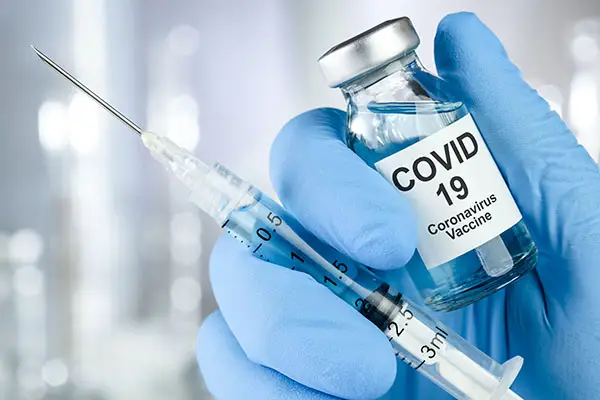
IFATCA has issued this position paper in its wish to continue efforts to help combat the COVID-19 pandemic and provide advice to our Member Associations.
IFATCA wishes to address growing concerns and potential questions regarding the issues raised around COVID-19 vaccination and our profession. We invite Member Associations to reflect on their response to the topic and provide advice to their membership based on facts and collaboration with authorities and employers.
It is applicable to those states that have authorised the use of registered COVID-19 vaccines and those that are preparing to do so. IFATCA encourages all States to facilitate the availability of COVID-19 for individuals that wish to be inoculated.
Further, IFATCA is of the opinion that whilst Air Traffic Services (ATS) personnel should rightly be considered as essential workers within the national critical infrastructure, it should not necessarily mean that ATS staff require priority over other essential workers, such as health professionals, who face a direct and increased risk of infection when compared to the rest of the population. Rather, a pragmatic list of priority, based on the requirement to ensure that the aviation industry may continue to provide crucial logistical support to the overall pandemic response, should be created.
While it is recognised that a vaccine not only protects the individual but indirectly also protects others, IFATCA recommends that the decision on whether to receive a vaccine remains an individual and confidential choice. As such, it should not be included in any licensing, aviation related medical certification process or requirement. In deciding, IFATCA encourages that ATS personnel should accept the recommendations and advice of their medical professionals and relevant authorities.
Member Associations can actively ensure that their members are adequately informed. Care should be taken to avoid disinformation which is prevalent during times of crisis. To counter this, it is important to share information that comes from reliable sources, such as health authorities and the World Health Organisation (WHO). Only trust official information sources and credible media outlets.
Efficient and timely regulatory decision making may have an important impact in mitigating the COVID-19 pandemic and its effects on the aviation industry. National Regulatory Authorities (NRA) are encouraged to develop and implement regulatory methods to assess the quality, safety and efficacy of vaccines using a risk-based approach as described by the WHO.
A protocol should be developed for all medical certificate holders wishing to be vaccinated against COVID-19 valid for the period prior to, during and after the actual inoculation. Ideally this protocol would be jointly developed between Member Association, employer and NRA. The protocol should contain rostering consequences. These constraints, at the very least, should address whether a period of time should elapse after inoculation and before returning to operational duties. As an example, the U.S. F.A.A. require the individual ATCO to avoid operational duties until 48 hours after the inoculation. On the other hand, many states recognise the COVID 19 vaccine as a ‘standard’ vaccination and therefore operational duties may resume directly afterwards. IFATCA, therefore, strongly recommends efficient and robust communication between all parties in order to avoid confusion and increase trust in the process.
Adequate rostering planning must ensure that in whichever scenario, both related directly to ATS personnel vaccination processes and also to that related to individual state transport policy, the ability to respond to air traffic demand remains a priority.
As in other matters, IFATCA promotes the exchange of information between Member Associations to stimulate the concept of best practices within air traffic control.



